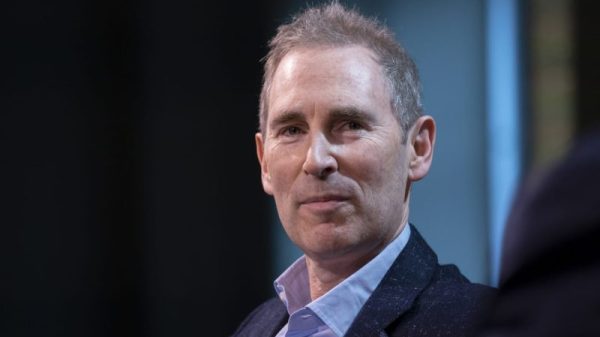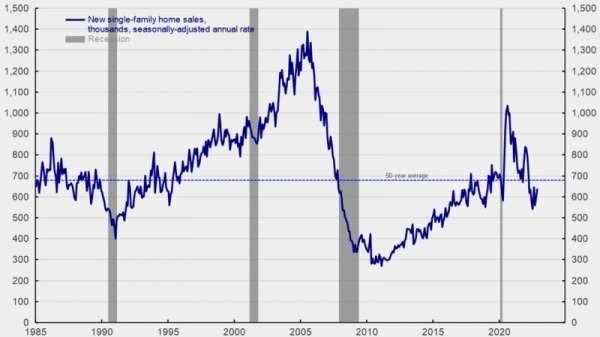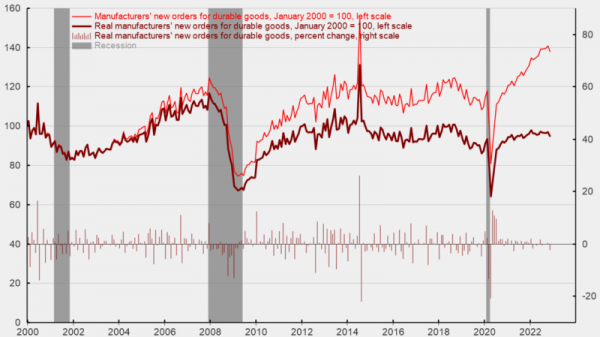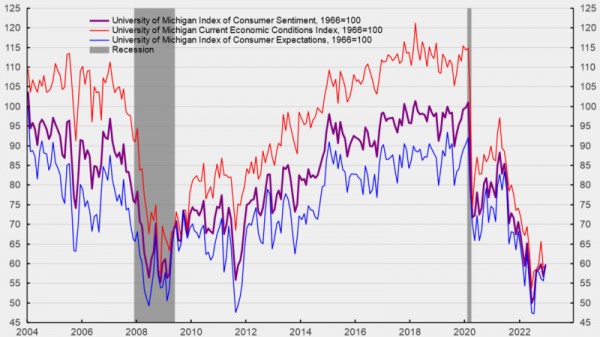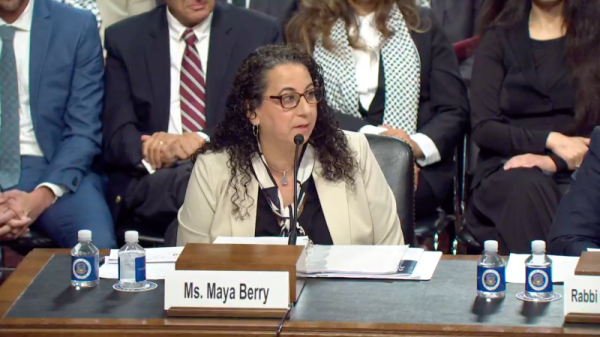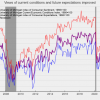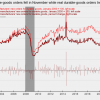From Day One of his presidency to this day, Donald Trump has promoted an alternate reality that has caught on with a shocking proportion of his base. But we don’t often get good polling that shows just how much Trump’s misinformation has penetrated the country.
Today, we have such polling. And it’s sobering, if unsurprising.
As Trump has launched a series of claims and suggestions that are bizarre even by his standards, new data shows large swaths of his supporters believe them.
But the most drastic among them — most notably the claim about Haitian immigrants in Springfield, Ohio, stealing and eating pets — have not caught on with more middle-of-the-road voters. That suggests there is real potential downside for Trump in pushing these fantasies.
The new data come from YouGov, which has occasionally tested Trump’s false claims. After last week’s debate, YouGov asked voters about a battery of them.
The major findings on what Trump supporters believe:
A majority of Trump supporters say they believe the claim about Haitian migrants “abducting and eating pet dogs and cats.” Excluding those who are “not sure,” twice as many say it’s at least “probably true” as say it’s at least “probably false.” (There remains no real evidence for this claim. Officials have debunked it and linked it to threats, and Republican Ohio Gov. Mike DeWine on Sunday called it “a piece of garbage that was simply not true.”) More than 4 in 10 Trump supporters say they believe that “in some states it is legal to kill a baby after birth” — another claim Trump referenced at last week’s debate. In fact, slightly more said they believed this was true than disbelieved it. (It is false.) Nearly 3 in 10 Trump supporters say they believe that “public schools are providing students with sex-change operations,” something Trump has recently suggested is happening but for which there is no evidence. And 8 in 10 Trump supporters say they believe Venezuela is “deliberately sending people from prisons and mental institutions” to the United States. (There is no evidence that Venezuela or any other country is doing this, and Trump has used bad data to support his claim.)The claims about Haitian migrants, post-birth executions and sex changes at school are actually some of the least pervasive. But the other claims that Trump supporters believe are more about statistics than ridiculous assertions.
For example, three-quarters say they believe the United States has given more aid to Ukraine than all of Europe combined (false), 7 in 10 say they believe millions of undocumented immigrants are arriving every month (false), and 7 in 10 say they believe inflation is at its highest rate ever (not true today or at any point in recent years).
Americans of all political stripes have a long history of getting such data points wrong and exaggerating perceived problems, especially on the economy. So what’s really striking about the new numbers is how much Trump’s conspiracy theories have caught on.
The numbers on those counts aren’t terribly surprising in context, given the many false things Trump supporters have convinced themselves of in recent years. For example, most Republicans have told pollsters that Trump didn’t try to overturn the 2020 election, that Trump didn’t have classified documents at Mar-a-Lago and that Trump’s offices were wiretapped during the 2016 election. And of course there is the 2020 stolen-election claim that as many as two-thirds of Republicans have believed.
But these things have also generally only caught on to an extent, and that’s a key point with the new data.
For instance, independents disbelieve the Haitian migrants claim more than 2-to-1, and five times as many say it’s “definitely false” (35 percent) as say it’s “definitely true” (7 percent).
The gaps are even wider on executing babies and sex changes in schools. More than 6 in 10 independents dispute both, and relatively few independents — less than one-quarter — embrace them. Many independents are actually reliable voters for one side or another, and the data suggest these are likely Republican-leaning ones.
All of which indicates Trump is largely preaching to a credulous choir here, while the potentially decisive voters generally see his conspiracy theories for what they are.
Whether they will punish him for that is an open question. Voters have long viewed Trump as an unreliable narrator, with a survey last week showing 57 percent of Americans say his campaign messages are “rarely” or “never” based on facts.
But in the meantime, we have apparently tens of millions of Americans embracing a truly bizarre version of reality based on little more than one man’s say-so.








